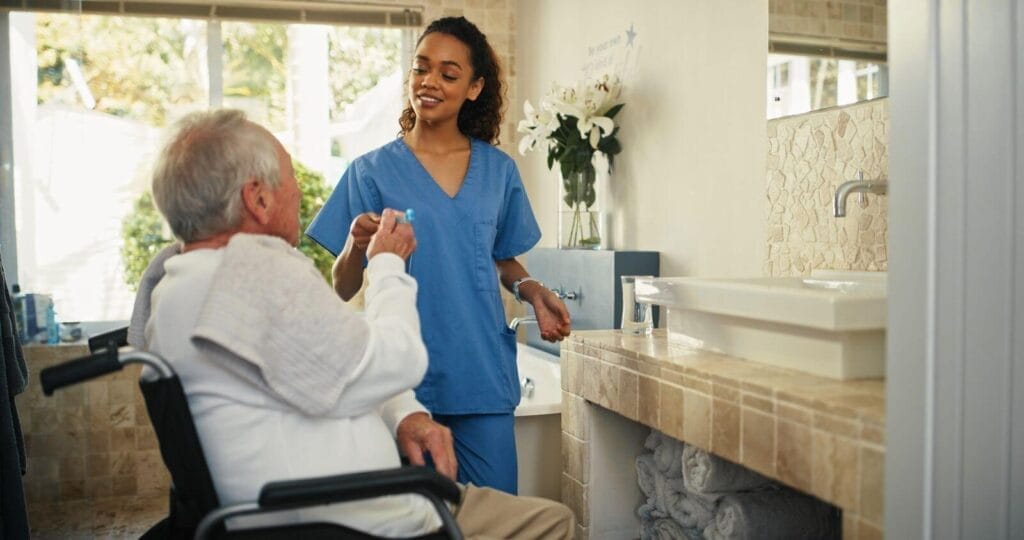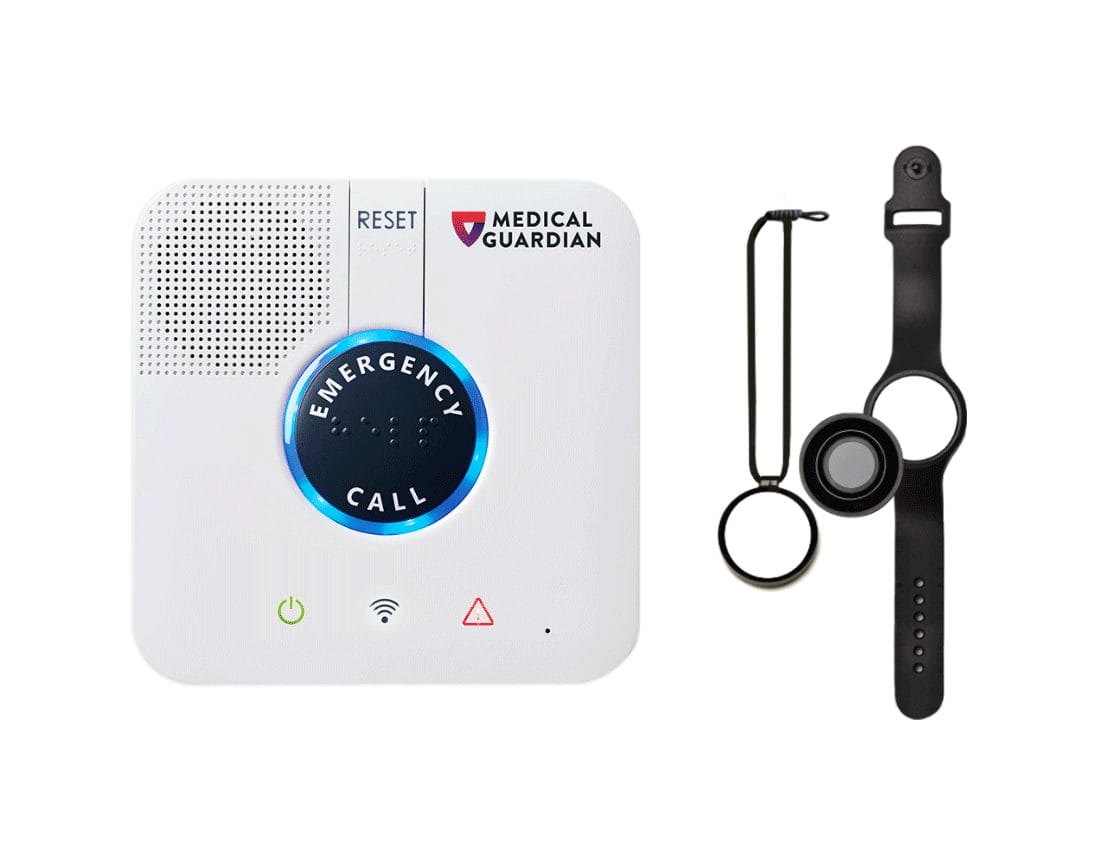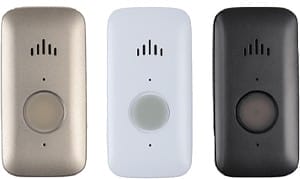
For most people, rising out of bed and walking to the bathroom to perform their morning routines requires minimal thought and effort. However, for those 65 and over and others with mobility problems, the bathroom can be an intimidating place filled with potential hazards that make getting ready in the morning far from routine. With the help of in-home caregivers, seniors can safely navigate their bathrooms and maintain their independence with renewed confidence. Read on to explore four essential ways professional home care services promote senior bathroom safety, empowering clients to lead more active and fulfilling lives.
Bathroom safety challenges for older adults
Seniors may encounter numerous challenges while using the bathroom due to age-related physical and cognitive changes. Mobility issues, decreased balance, reduced muscle strength, and vision impairment can make simple tasks like getting in and out of the bathtub or using the toilet difficult and dangerous. Additionally, environmental factors, such as slippery surfaces, sharp corners, trip hazards, and inadequate lighting, can further increase the risk of bathroom falls and accidents.
According to data compiled by the Centers for Disease Control and Prevention (CDC), roughly one in four seniors experience a significant fall annually. A large percentage of those falls occur in their home’s bathroom, resulting in injuries ranging from hip fractures to head contusions. Some seniors never fully recover as a result. Furthermore, a fear of falling can keep seniors from practicing proper hygiene, which can impact their health and well-being.
What is professional in-home care?
Though some confuse the two, home care and home health care are different types of in-home assistance. Home care involves nonmedical assistance and support that allows seniors to accomplish their aging-in-place goals. Home care agencies employ caregivers trained to assist seniors with activities of daily living (ADLs) in the comfortable and familiar surroundings of their private residences.
In-home caregivers are equipped with the knowledge and skills to address the unique needs of seniors, including bathroom safety concerns. Most home care providers offer a wide range of services, from personal care assistance and medication reminders to companionship and homemaker services, tailored to meet each client’s unique needs and preferences.
How senior home care services promote bathroom safety
While serving as extended support in the home, professional caregivers can help seniors and their families optimize bathroom safety in these ways:
Bathroom safety assessments
In-home caregivers are trained to conduct thorough assessments of the bathroom environment to identify and eliminate potential hazards. Working with family caregivers, they can recommend and implement various bathroom safety modifications, such as installing grab bars, nonslip mats and strips, shower chairs, and raised toilet seats to enhance safety and streamline daily routines.
In-home caregivers can show clients how to create a senior-friendly bathroom environment by improving the lighting, reducing clutter, and removing trip hazards.
Mobility assistance
In-home caregivers provide hands-on assistance to seniors with mobility issues, empowering them to navigate the bathroom safely and confidently. Depending on the older adult’s needs, caregivers can help clients perform routine bathroom tasks, such as transferring to the toilet or getting in and out of the shower or tub, reducing the risk of falls. In-home caregivers can also help seniors safely get around the bathroom when experiencing medication-related side effects. These essential services can help prevent bathroom emergencies.
Personal care support
Using individualized care plans, in-home caregivers can assist older adults with various personal care tasks, including bathing, grooming, and toileting. Providing reliable and compassionate one-on-one support allows caregivers to help seniors maintain their daily hygiene routines with dignity and respect.
Emergency response
In-home caregivers are trained to handle emergencies promptly and effectively. They can quickly respond to bathroom accidents or incidents, providing first aid and contacting medical professionals and family members if needed. Home care providers can also deploy advanced in-home medical alert systems, ensuring their clients’ safety throughout the home.
Final thoughts about how home care improves seniors’ bathroom safety
The challenges aging-in-place seniors face in the bathroom can limit their lifestyles. However, with the right support, these challenges can be effectively managed, empowering seniors to maintain their independence and quality of life. As one possible senior care option, professional in-home caregivers can significantly enhance senior bathroom safety by providing a safe and supportive environment, allowing seniors to thrive in the comfortable and familiar surroundings of home.
If you or a loved one is considering home care, start by researching reputable home care agencies nearby to explore the services they offer. When working with a reliable home care provider, seniors and their families can have peace of mind knowing their loved ones are receiving the daily living assistance they need to navigate the bathroom safely. If you or your loved one is facing bathroom safety challenges, consider the many benefits of professional home care services.








